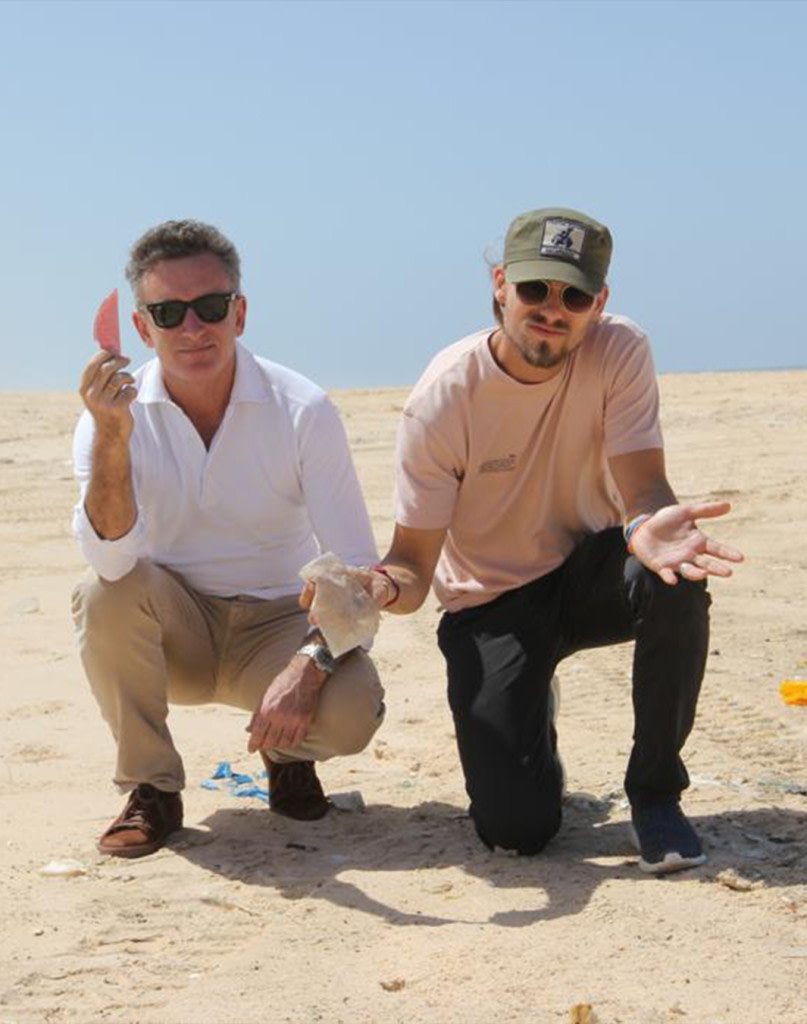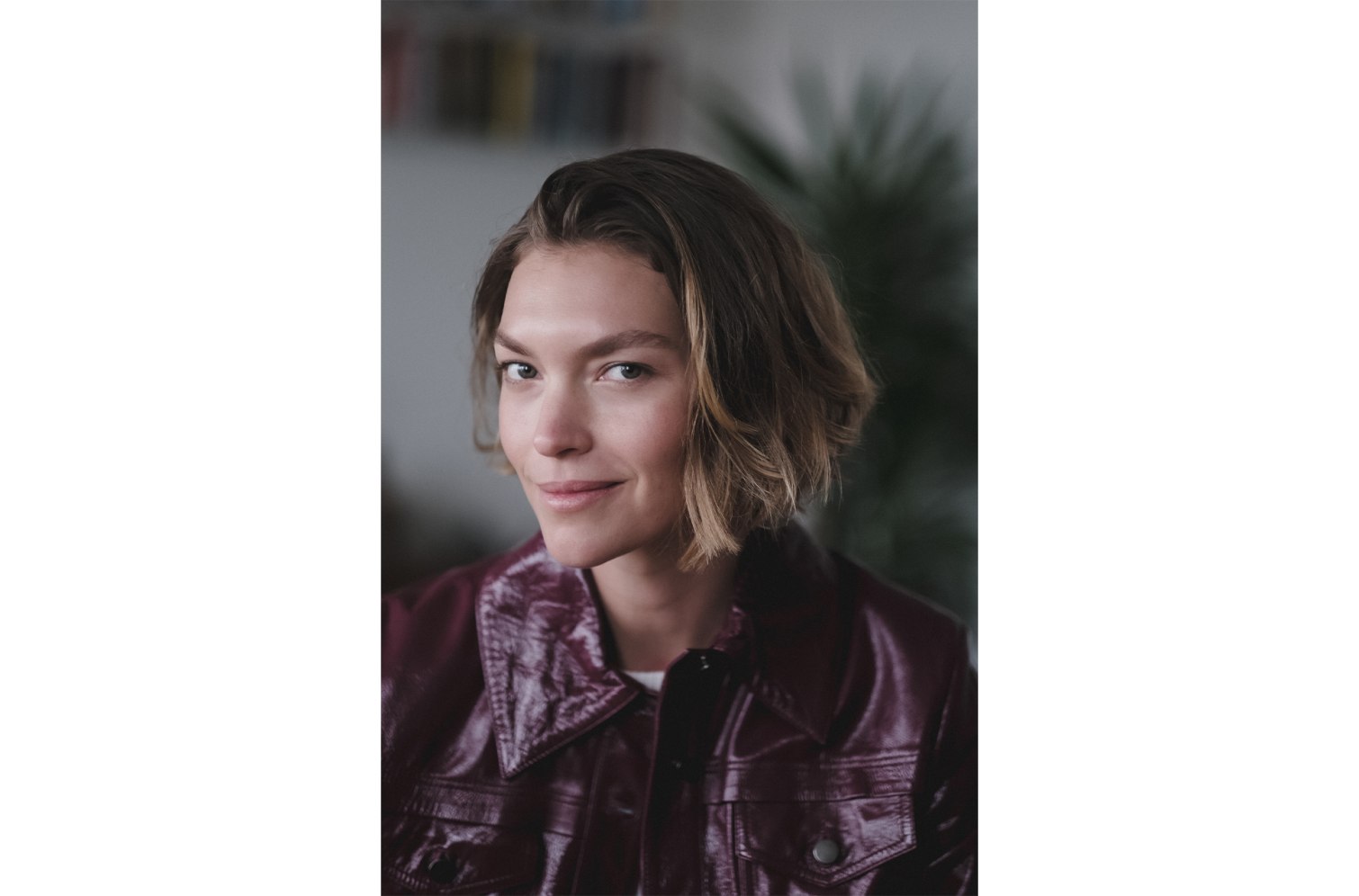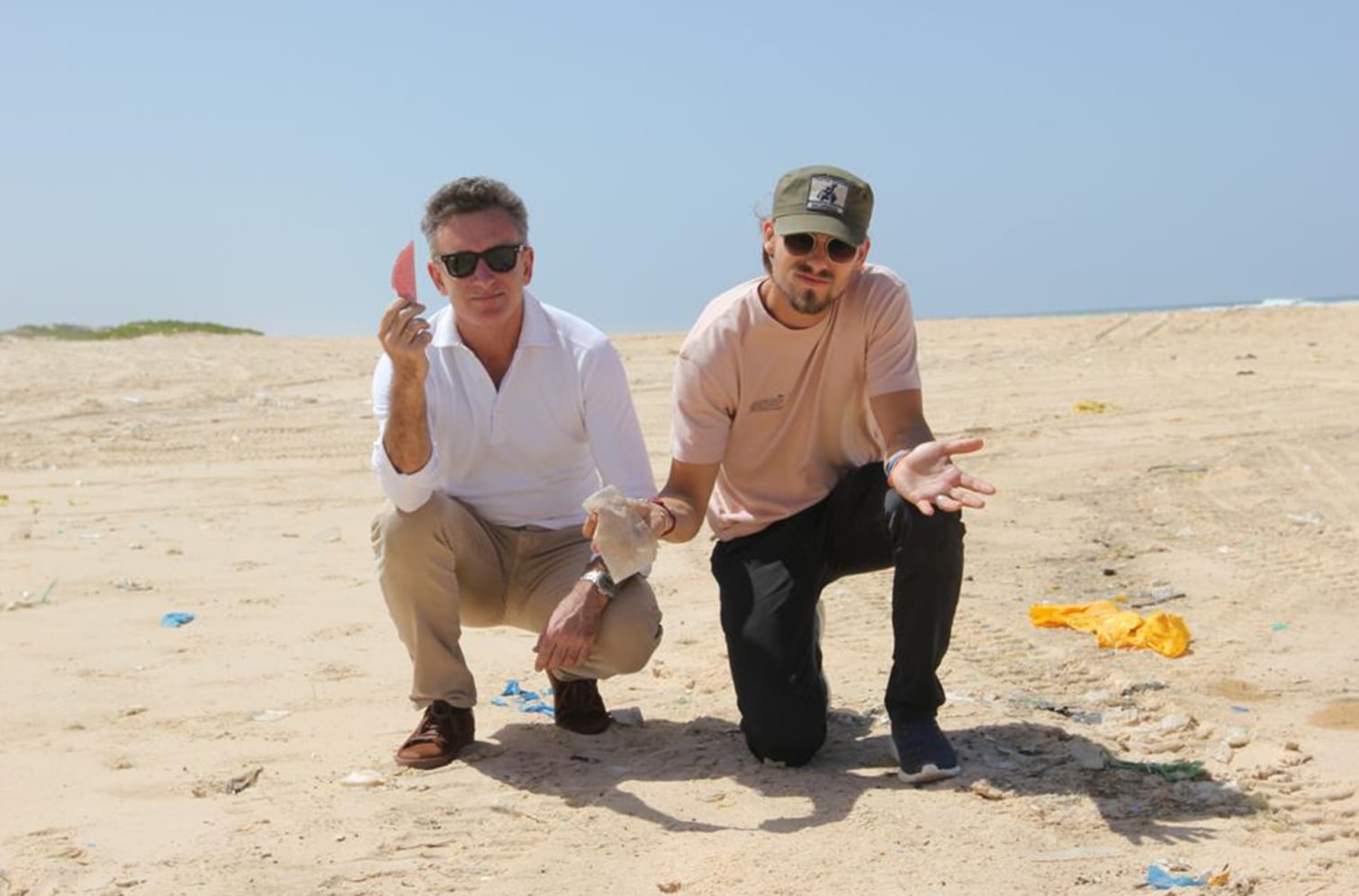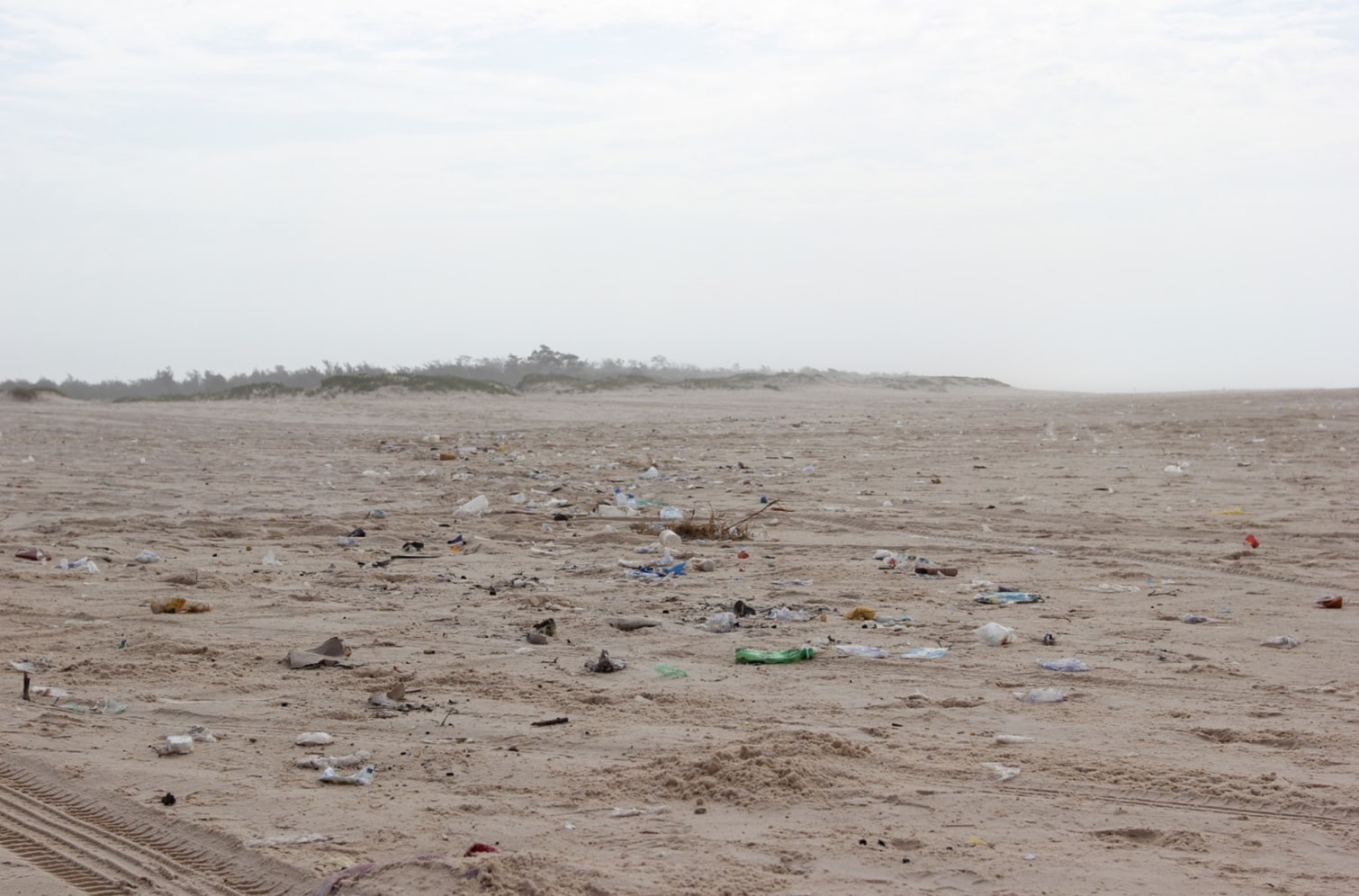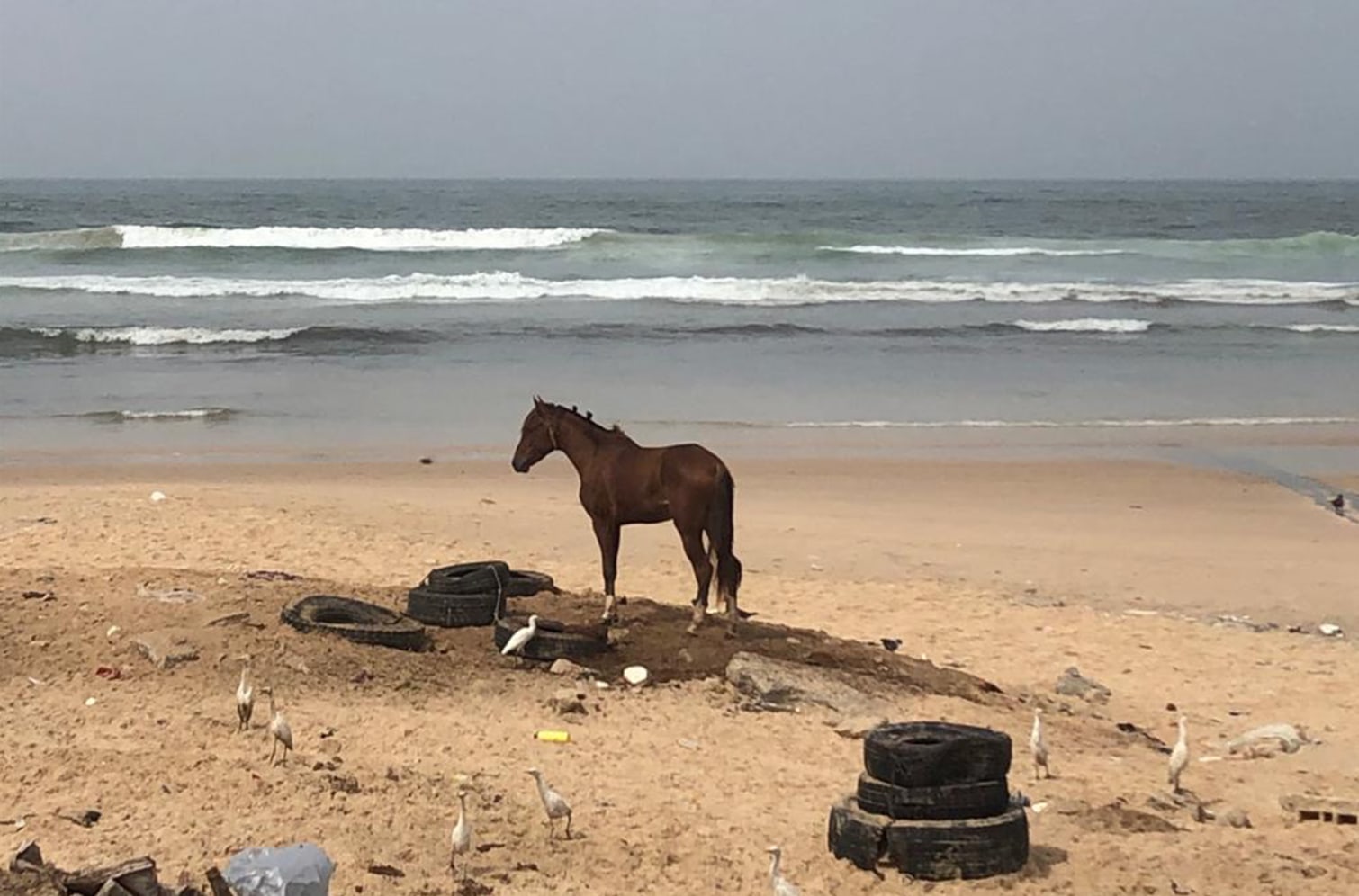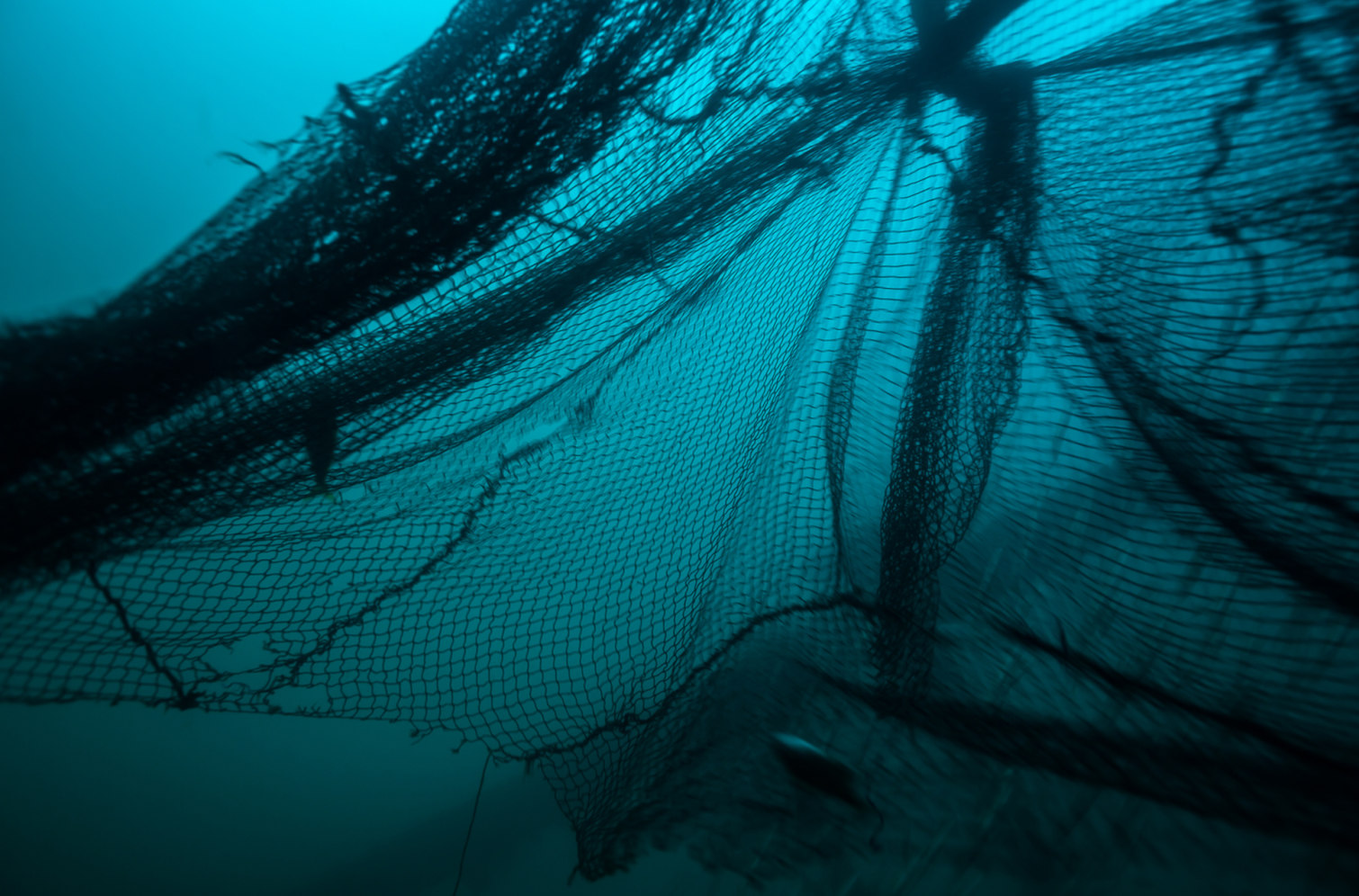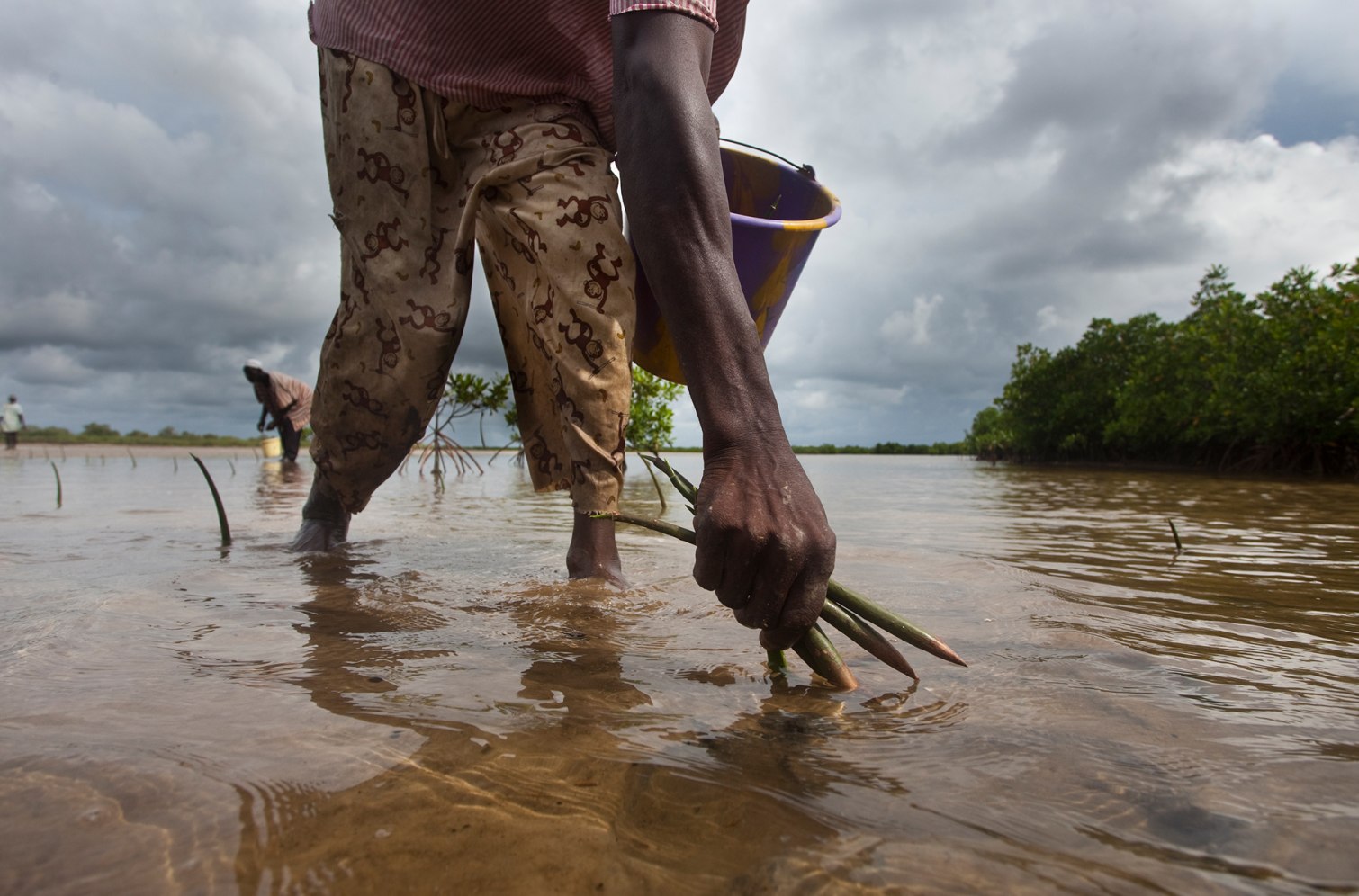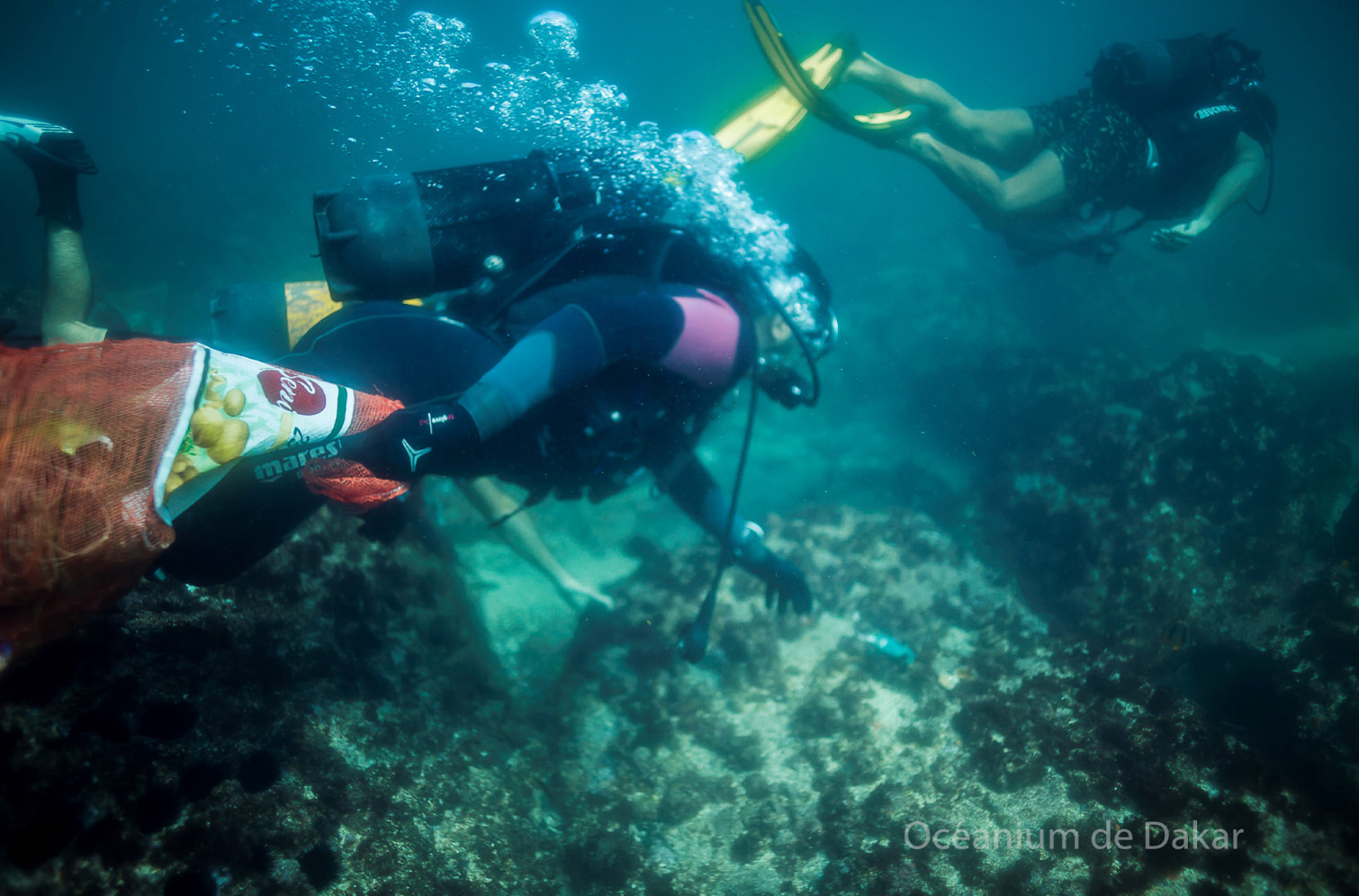In celebration of Ocean Day LVRSustainable and Extreme E created a special project to inform ourselves and discuss the effects of the ocean and climate change in our current time. How does the ocean affect us and the fashion industry? We speak with Alejandro Agag, Dr. Lucy Woodall and Arizona Muse. Watch the conversation above or scroll down to read their discussion on this important subject.
Alejandro Agag
Hello everyone. I’m pleased to be discussing the really important issue of the ocean today with two special guests, Lucy Woodall, who I know very well, is Extreme E’s Ocean Scientist from the Nekton Institute and Oxford University, and Arizona Muse, a top fashion model who is passionate about climate change.
To start the discussion, tell us, why are the oceans so important for everyone?
Lucy Woodall: Well, I think what is important to remember is that we all benefit from the oceans every day – even if we’ve never even seen the ocean – because it provides, regulates, maintains and supports so many different processes and products.
First, of course, we have the harvesting of fish and other food production from the ocean. This is really important and it’s critical that it’s done sustainably, as many populations rely on this form of protein.
The ocean itself provides nutrients through its circulatory process, connecting the planet; it also provides recreation as well as fascination and joy.
Arizona Muse: The oceans are beautiful, they provide so much fun for us, we can discover things in them that we didn’t know about before – they are endless when it comes to their importance and usefulness. Many cultures, as we know, forever have always worshipped oceans and found them to be sacred places and appreciated their energy as well.
Alejandro Agag: The oceans, which you both say are incredibly important for us, have some really frightening threats right now. What are the main threats that are now endangering our oceans?
Lucy Woodall: I think the first thing to remember is that all ocean threats are directly related to human activity. Climate change has consequences on the ocean, including things like increased temperature – that’s causing coral bleaching, and of course, likely their death if that warming is prolonged.
We also have rising sea levels, which we’re going to touch on probably later because of our links with Extreme E, and the reduction of oxygen levels.
There is also a lot of global concern about fishery practices that don’t comply with sustainable management, and of course those that are unregulated, unsustainable and illegal.
Not all fishing gear is equal; there are some practices that are much more destructive than others, and I can draw your attention specifically to things like bottom trawling, which damages fragile seabed habitats, and these habitats themselves are the places where a lot of our biodiversity and animals that live in the ocean live.
There are also regional stresses, and there are a number of things like coastal development and pollution. Some of that pollution you can’t see, like chemicals, but of course, there is a lot of interest now in the pollution that we can see – things like plastics, and other fuel extraction practices.
Arizona Muse: Personally, I stopped eating fish, because I just don’t feel that there is any such thing as sustainable fishing at the moment. I think we just need to give our oceans and lakes and rivers a break, and leave the species that still are there and the populations that still are there alone for a little while – not forever, but just imagine if they got a ten-year break where humans just let go and just went, ‘ok’.
I would still say it’s really important to allow traditional coastal fishing communities to continue fishing – they’re the ones who deserve to keep fishing – but not the enormous trawlers or the dynamite fishing, the ones who go into deep seas and collect the biggest, largest, oldest fish. That’s so detrimental.
I really hope that 2020 is the year that we all decide, ‘ok, enough of this, we’re going to be logical and we’re going to move rapidly and we are going to change the world because we love the world, because we want to continue living here, we want our future generations of humans to be healthy and well and happy’.
Alejandro Agag: One of the ideas that you mentioned is very interesting, definitely, Arizona. What do you think is the role of the fashion industry, or the impact of the fashion industry? It’s an industry that I love and it’s an industry that creates millions of jobs around the world, but of course has an impact. What do you think is the possibility to improve that, and what is the effect of the fashion industry on the oceans?
Arizona Muse: The effect of fashion on the oceans is enormous, because even if a factory, a manufacturer isn’t located on the coast of an ocean, they will normally be connected to the ocean by a river and a lot of pollution is just dumped into rivers still, even now – it still is.
There are better laws in some places, like for instance, you must filter out your water before you dump it in the river next door, but then my question is, ‘where are those filters going?’ That doesn’t mean that the pollution just vanishes and doesn’t exist anymore. It still exists; it’s just not going into the river, but it’s going into a landfill somewhere. Water again is our big connector – water connects the entire earth. It is continuously travelling around – fresh water, salt water, evaporating back into fresh water and it’s a cycle that we have to be much more respectful of.
Let’s not forget that agriculture is a part of fashion, because cotton is grown. It’s raised on soil and also fed corn and soy, and corn and soy are grown in heavily intensive agricultural businesses using high amounts of chemical fertilizer, pesticides and herbicides. All of those chemicals are part of water pollution, and we don’t immediately associate that with fashion, but it is, because fiber production is an enormous part of agriculture.
It’s something that we need to connect in a big way, that fashion is in fact responsible for ocean pollution and needs to be a part of the purification of oceans and the re-population of species in the ocean and get involved with ocean organisations who are helping to make reparations, but also helping to reduce the amount of pollution.
Alejandro Agag: Yeah, definitely. Lucy, I was listening to Giorgio Armani, who had some interesting remarks about how the fashion industry had gone too far and we were changing clothes too often and having too many collections every year and too much of everything, and maybe it was time to re-think that.
Of course, we humans have to be clothed with something, but what do you think is the long-term view here, to kind of make a normal human life with the health of the oceans?
Lucy Woodall: There are so many different industries that are connected, so I think on that point, we need to think radical, we need to think differently. This means that actually there is a perfect platform to be able to address some other real changes that are needed and to really be leaders, to make this a healthier ocean and therefore a healthier planet for future generations.
We need to think about where emissions arise.Of course, there is already a fashion industry charter through the UN, which has an amazing vision for zero emissions by 2050.
We can do some things and be proactive by swapping and switching different materials. So things like turning away from the fast fashion, understanding the links between a healthy ocean and all of the benefits for society, and I really think that the fashion industry has the opportunity to lead in this narrative, and that is the key to the future.
Arizona Muse: I would say it’s so well-said, Lucy. Right now there’s a lot of talk in fashion and outside fashion about fashion, about ‘should we continue on with the fashion show? Is the fashion show necessary, or should we stop doing fashion shows and Fashion Week because it’s extremely wasteful and so many people fly around the world to watch these shows and all the set is just completely wasted afterwards? They spend millions building sets every season, and then all those materials are wasted.
It’s an exciting time where the changes are being talked about. The industry was being deaf for this need to change until about 18 months ago, and that is so exciting for everyone working on sustainability, to say, ‘finally, the industry is coming to us now, the organisations who have been working for 10 years’. There is unprecedented interest and questions, and the industry saying: ‘We need to change. We don’t quite know how yet.’
Alejandro Agag: That takes me very well onto my last kind of point today, and I would like your view on the changes that are happening and what we can do, and what’s happening also in the direction of digitalisation. Our fashion partner at Extreme E is actually an online fashion platform – LUISAVIAROMA. We have been discussing with them and they say that they’ve seen the effect, of course, of the increase of shopping online, the decrease of the high street – of course, people haven’t been able to go shopping.
It’s interesting to see if that is going to be a trend that is going to continue in the future. Will we go back to the high street? Will the traditional shops with their real estate and employees and so on continue, or will we go to digital, which was already very important in fashion?
And then last, we have a ship and we definitely want to do some projects, even in our small dimension with our ship with which we’re going to go around the oceans, and Lucy is thinking of something very interesting like an open appeal for ideas for what we could do to help the oceans. So I will give you both the last chance to give some comments on any of this.
Lucy Woodall: So I think what I would like to start with is really thinking about how quickly we can change, and I just want to bring in two examples. We’ve had enforced change over the last few months, many of us, because of the Coronavirus, and of course this has been devastating across the planet, but it does mean that we have changed our behaviours, and we’ve done that, so everyone moving in the same direction has changed their behaviours in actually just a few weeks, and I think that is really important for us to remember.
I’ve done a lot of research on looking at human impacts in the ocean, and plastic water bottles are always this big thing that people think about. Because of changes in behaviours and acceptance, now it’s kind of the norm to have that one-use water bottle. Can we change everyone’s behaviours back to go, ‘actually, tap water is ok’, and maybe, sometimes of course we need that option of buying that bottle of water, but is that every day? We can change these behaviours.
My second one is, of course we want to understand more about the planet and these connections that we’ve all spoken about today. That is my job – finding out more about the planet and being able to communicate that and use that in a really amazing way, and that is the important aspect of the work we are hoping to do on the ship with Extreme E, getting lots of scientists involved in their project and being able to share that across the planet.
So these dialogues that we’re having across our different disciplines, our interests, our networks, for me are absolutely key, and I think that’s actually what’s really exciting about some of these partnerships, some of these novel creations of networks.
Alejandro Agag: Thank you, Lucy. And Arizona?
Arizona Muse: Definitely pay attention to the materials that you’re buying. Whenever you make a purchase, you are making a vote, you are sending a message that is rippling across the world through somebody’s supply chain, and it’s really important that you make those decisions carefully.
Always read the labels of what materials are in your clothes before you buy them, what ingredients are in your food and try to reduce packaging. Buy from places who are deliberately not wrapping food. Buy from brands who are deliberately not wrapping their clothes in plastic, and read the sustainability pages on websites
So definitely don’t be a fool when it comes to greenwashing. Educate yourself so that you can call people out, call brands out when they’re not telling the full truth. They may not be completely lying, but they might just not be telling you enough information about what they really do.
It’s very common that we see brands will make a ‘capsule collection’ – a small collection of healthy clothing, like organic cotton, for instance. But then you look at the rest of their collection, and it’s still completely the same as it always has been and they aren’t making changes across their main collection. It’s much more effective, for instance, to make a commitment that across your entire collection, you’re going to start using 30 percent organic cotton. That commitment is enormous, because it’s ongoing, so that will be supporting organic farmers in a much bigger way than just doing a mini capsule collection one time.
Arizona Muse: What I’d really like to leave the audience with is that, we may have some fears about, like, ‘ooh, if I become sustainable, am I going to have to deny myself things all the time and I’m going to live a less comfortable life because I’m being environmentally-friendly’. That’s not true. My life is so much more comfortable now, and I appreciate everything in it so much more, and my life is enriched since I went on this sustainability journey, so I’d really invite everyone, come and join the sustainability bandwagon.
Alejandro Agag: We’ll leave it at that. I think that’s a great sentence to close the session this morning, but thank you so much both, Arizona, thank you Lucy, and thank you to our partner LUISAVIAROMA, for giving us the platform to talk about this important subject.
A special thank you to Extreme E, Alejandro Agag, Lucy Woodall, and Arizona Muse.
